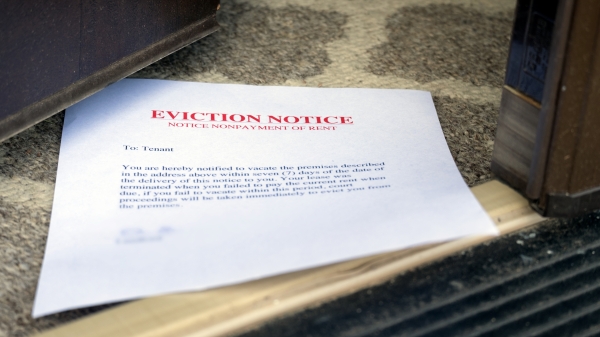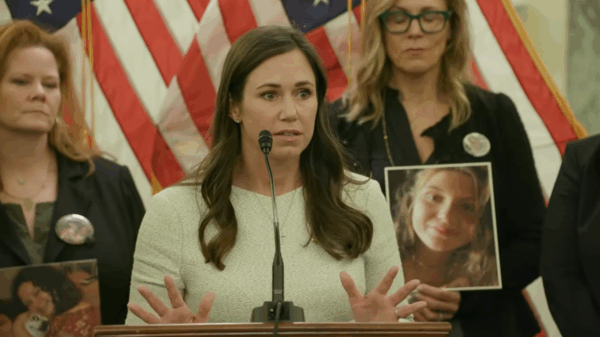By U.S. Representative Jo Bonner
In these times of budgetary brinksmanship, it’s rare for Mother Nature to steal the limelight from Congress and the White House. Yet, that is exactly what happened last week when an overhyped winter superstorm struck the nation’s capital. The media commotion over the so-called “snowquester,” which was predicted to dump up to ten inches of snow on downtown DC, actually dampened coverage of the House’s bipartisan approval of a spending agreement to keep the government operating through September 30th.
In retrospect, it might sound like a bad joke, so you will have to excuse me for noting that for once Washington’s hot air actually accomplished something positive. Weather forecasters, still smarting after their overzealous computer models fizzled and Capitol Hill saw mostly rain last week, blamed warm air over DC for keeping the potentially record-setting snow at bay. But just as the “snowquester” was avoided, the House’s action preempts another unnecessary showdown with Senate Democrats and the administration leading up to the March 27th expiration of the current Continuing Resolution, and that was good news.
It lacked the drama of the New Year’s Eve Fiscal Cliff or the March 1st Sequester countdown, but last Wednesday the House managed to pass the Continuing Resolution by a 267 to 151 margin. The “CR” cleared the House with 214 Republicans and 53 Democrats supporting it. The government has been operating under temporary spending authority since last fall because Congress could not agree on final appropriations legislation for fiscal year 2013. The six month CR is due to expire on March 27th and failure to extend it for the rest of the year would bring all operations of the federal government to a halt.
While most of the CR funds the government at FY12 spending levels, both the Defense Department and the U.S. Department of Veterans Affairs’ FY13 spending bills were included in the package. This will provide the Pentagon and the VA an opportunity to better deal with the automatic federal spending cuts – which disproportionally hit defense spending. Additionally, the FY13 bill makes needed programmatic and spending reforms to these accounts (rather than continuing programs status quo under the CR) and provides the Defense Department the resources and guidance it needs to accomplish its missions.
Meanwhile, the CR preserves the $85 billion in spending cuts that took effect on March 1st. While the CR easily passed the House, there is no guarantee the Senate will respond in kind. For the last two years, the upper body has become the graveyard of appropriations bills passed by the House. Perhaps another snowstorm, timed for the Senate vote, would do the trick.




















































